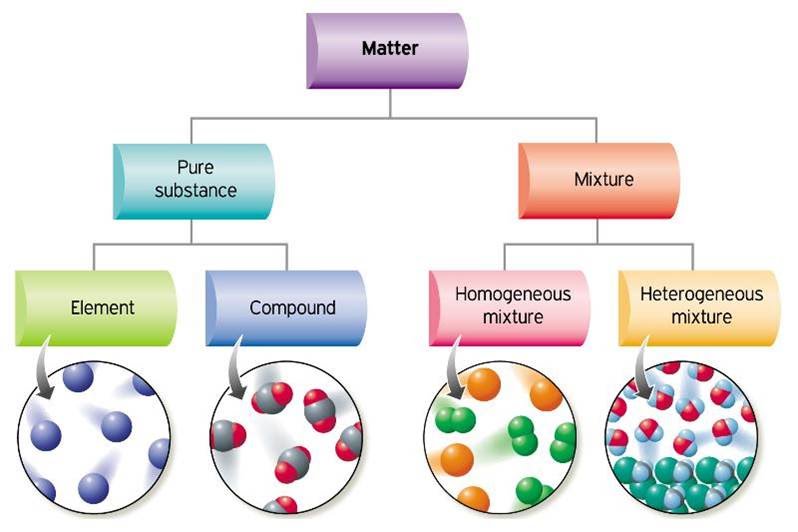


It can also be hard to build and maintain relationships with your peers. Other Effects of Bipolar Disorderīipolar disorder can make work or school performance very tough. Current research on the connection may eventually help people with bipolar disorder control their physical and psychological symptoms. Symptoms could bring you into a panic or produce a sense of doom.Īccording to researchers from Harvard Medical School, bipolar disorder itself may result from inflammation and abnormal gut health. Stomach problems can also lead to sweating and rapid breathing. You may experience things like abdominal pain, nausea, vomiting and diarrhea.
Chemical changes in matter free#
If a manic or depressive episode makes it difficult to follow a balanced diet, you may not get enough antioxidants to combat the free radicals in your bloodstream.Įffects of Bipolar Disorder on the Gastrointestinal Systemīecause bipolar disorder can make you tired and irritable, your gastrointestinal system may be affected. One way to reduce oxidative stress is to consume plenty of antioxidants, helpful chemicals found in fruits, vegetables and other healthy foods. Oxidative stress is cellular damage that occurs when the chemical reactions inside the body produce substances known as free radicals. Researchers believe sarcopenia occurs due to the oxidative stress associated with bipolar disorder. In simple terms, sarcopenia is a loss of skeletal muscle mass. For example, if you have a major depressive episode, you may not have the energy to prepare or shop for nutritious foods.īipolar disorder has also been linked to a condition known as sarcopenia. Your muscles may weaken if you don’t eat well for long periods. The symptoms resulting from bipolar depression and manic or hypomanic episodes may eventually lead to muscle weakness and other musculoskeletal problems. However, we all need exercise as a way of experiencing “feel good” endorphins. It can also be hard to exercise if you’re feeling discomfort. Depression can lead to aches and pains, making it hard to manage everyday activities. If you don’t get treatment for your symptoms, these physical effects of bipolar disorder may lead to heart disease.Įffects of Bipolar Disorder on the Skeletal and Muscular SystemsĪlthough bipolar disorder primarily does not impact the muscles or bones directly, it does manifest physical signs of bipolar disorder during depressive episodes. This reduces the amount of blood flowing to the heart and triggers the release of cortisol, a hormone released by the adrenal glands. According to the American Heart Association, manic depression and other forms of depression cause an increase in blood pressure and heart rate. This makes treating bipolar disorder extremely important.ĭepressive symptoms may even increase the risk of heart disease. Bipolar disorder paired with one or more anxiety disorders may cause heart palpitations or an increased heart rate. Although bipolar disorder is known for its psychological effects, it can affect the cardiovascular system in several ways, especially if you experience anxiety as part of your condition.

The cardiovascular system comprises the heart and blood vessels, making it one of the most critical systems in the human body. Effects of Bipolar Disorder on the Cardiovascular System This sudden change in sexual behavior may accompany other impulsive behaviors associated with manic depressive illness, such as driving recklessly or gambling with large sums of money. When you have a manic or hypomanic episode, your sex drive may kick into high gear, causing you to make impulsive decisions regarding your sexual behavior. This typically occurs in people experiencing significant depression symptoms of bipolar disorder. Bipolar disorder affects this system in several ways, but one of the most common is reduced libido or less interest in sexual activity. These hormones act as chemical messengers in your body, which is extremely important for normal functioning. Your endocrine system is made up of glands responsible for producing hormones. Effects of Bipolar Disorder on the Endocrine System


 0 kommentar(er)
0 kommentar(er)
